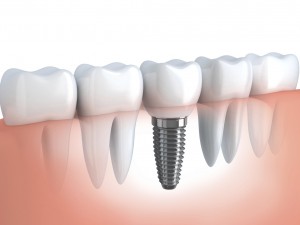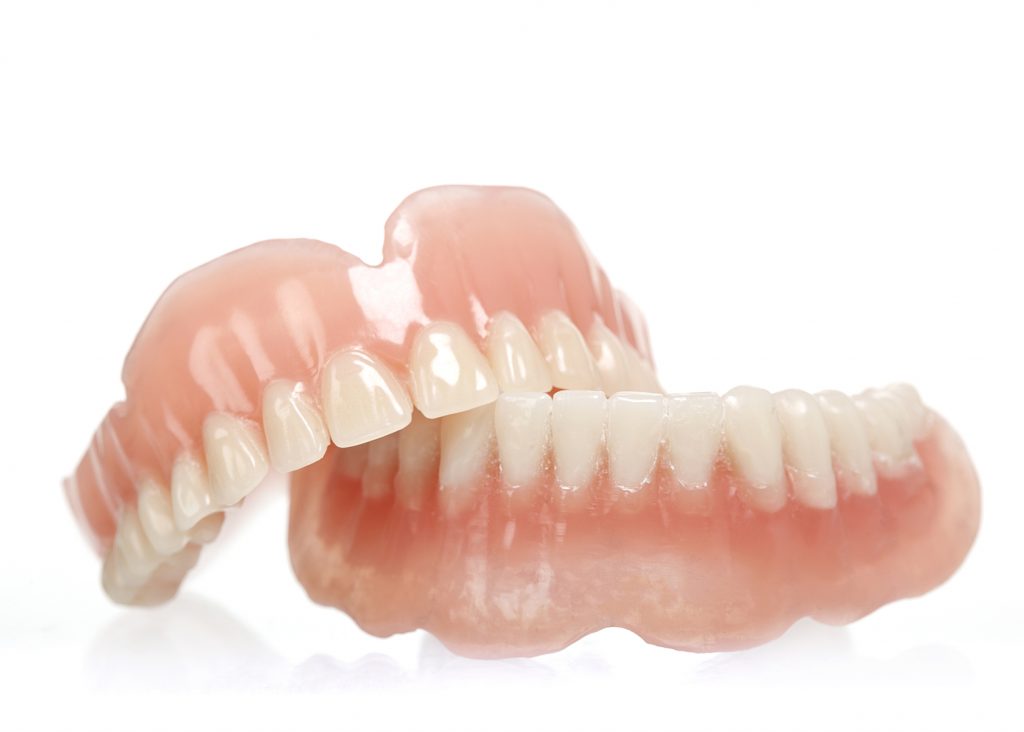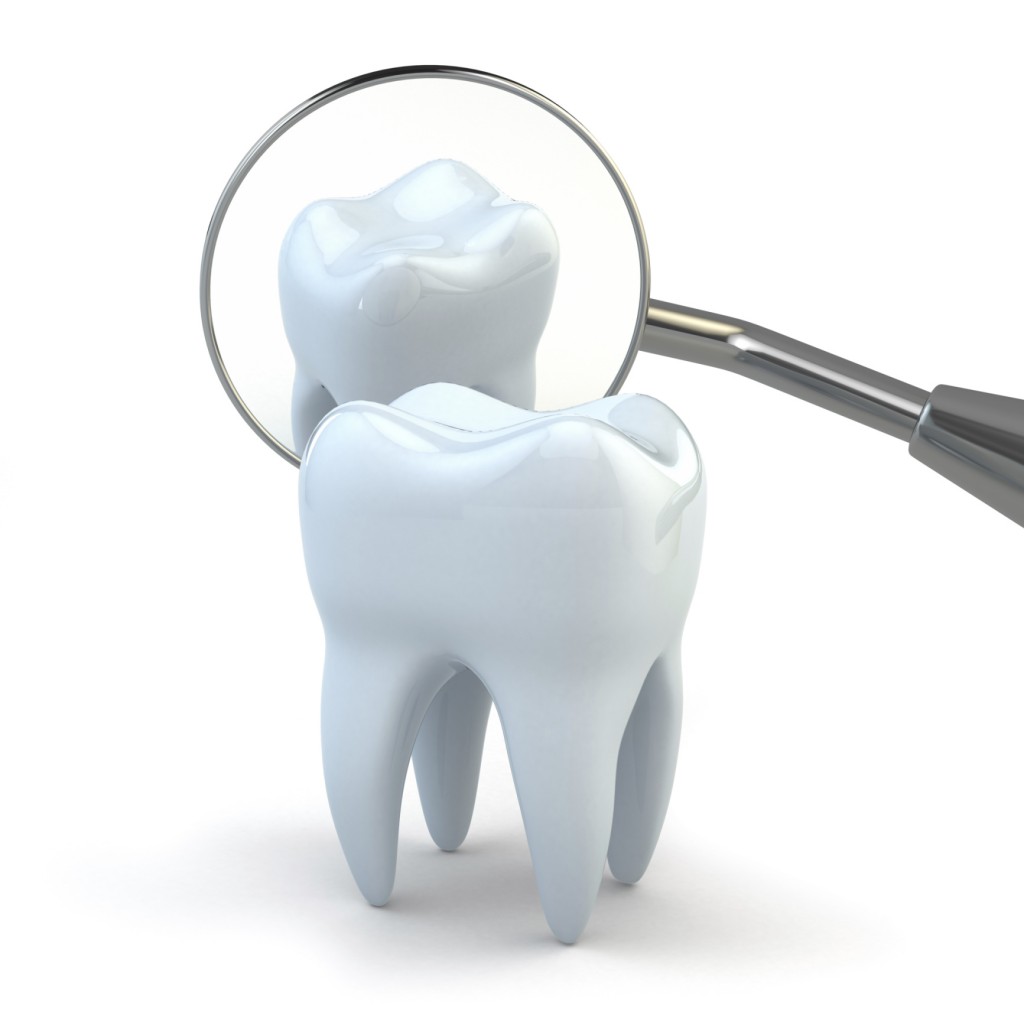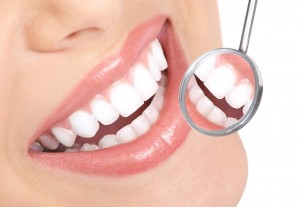 As far as missing teeth go, you have three dental options to choose from, namely dental implants, bridges and dentures. Each one of the three has its own set of distinct advantages and disadvantages. However, of all three options, dental implants are considered as a much better option.
As far as missing teeth go, you have three dental options to choose from, namely dental implants, bridges and dentures. Each one of the three has its own set of distinct advantages and disadvantages. However, of all three options, dental implants are considered as a much better option.
Why so?
Why Implants Are Better
Dental implants are permanent fixtures of titanium posts. The posts are anchored to your jawbone and topped off with an all-new replacement tooth or a bridge that’s screwed or cemented into the posts themselves.
Of the three, dental implants are the ones that feel and function like natural teeth.
To further convince you on why implants are just better, let’s talk about the different advantages of both bridges and dentures.
Bridges
Bridges are dental restorations that span the gap left by missing teeth and is connected to the teeth adjacent to the space left behind. Typically, bridges consist of filler teeth, which are anchored or attached, then bonded to a crown or the surrounding teeth.
- The procedure for bridges is easy and rarely takes no longer than two visits
- Bridges do not require surgery
- Dental bridges are cheap, especially when compared to the initial costs of other procedures, such as dentures and implants.
Dentures
Dentures can either be partial or complete and are used to replace the bottom arch or the top arch of your mouth. If the situation requires it, dentures can also be used to replace all of the patient’s teeth.
Unlike bridges, it’s hard to find where dentures hold an advantage when compared to dental implants. This is especially evident when you consider the many issues concerning dentures, such as potential warping and an uncomfortable and loose fit that may lead to embarrassing moments when speaking and/or eating.
Why Implants Are Often The Best Choice
Dental implants are not always the best choice, which is where fixed bridges and removable dentures come in. However, the majority of the time, dental implants are a better solution because unlike removable dentures, implants do not slip, or make embarrassing clicking sounds when eating or speaking. Also, unlike bridges, there’s no partial cutting involved when it comes to having dental implants placed inside your mouth.
The most important factor, though, as to why dental implants are just better is because dental implants do not put the patient’s teeth at as much of a risk to recurrent decay and gum disease as dental bridges and dentures would.
As an added bonus, dental implants can last for as long as 25 years. This is a full ten years to the 7 to 15 years that fixed bridges and removable dentures can only last for until they need to be replaced.
Getting a Dental Implant
Again, as mentioned earlier, dental implants are not always the best solution and this has often been because a patient is not an ideal candidate for the said procedure.
Ideal candidates for dental implants are those with good general and oral health, as well as having enough bone in their jaw to help support the implant. Although, those who’ve lost bone in their jaws in the past do not have to worry as much as they can still have implants if they go through a bone-grafting procedure first.
If you’re already wearing a partial or full denture, you can choose to have them replaced with dental implants. Or, you can also use implants to help stabilize and secure the denture to ensure a more comfortable fit.
For additional information regarding dental implants, contact Dr. George Kirtley at 317-841-1111 to schedule a consultation today or visit www.smilesbygeorge.com to learn more.



 As far as missing teeth go, you have three dental options to choose from: dental implants, bridges and dentures. Each one of the three has its own set of distinct advantages and disadvantages. However, of all three options, dental implants are considered as a much better option. But why is that?
As far as missing teeth go, you have three dental options to choose from: dental implants, bridges and dentures. Each one of the three has its own set of distinct advantages and disadvantages. However, of all three options, dental implants are considered as a much better option. But why is that? If you don’t feel confident about having a few missing teeth, don’t worry because you’re not alone. In fact, most have had a couple of decayed or missing teeth by the time they’re adults.
If you don’t feel confident about having a few missing teeth, don’t worry because you’re not alone. In fact, most have had a couple of decayed or missing teeth by the time they’re adults.